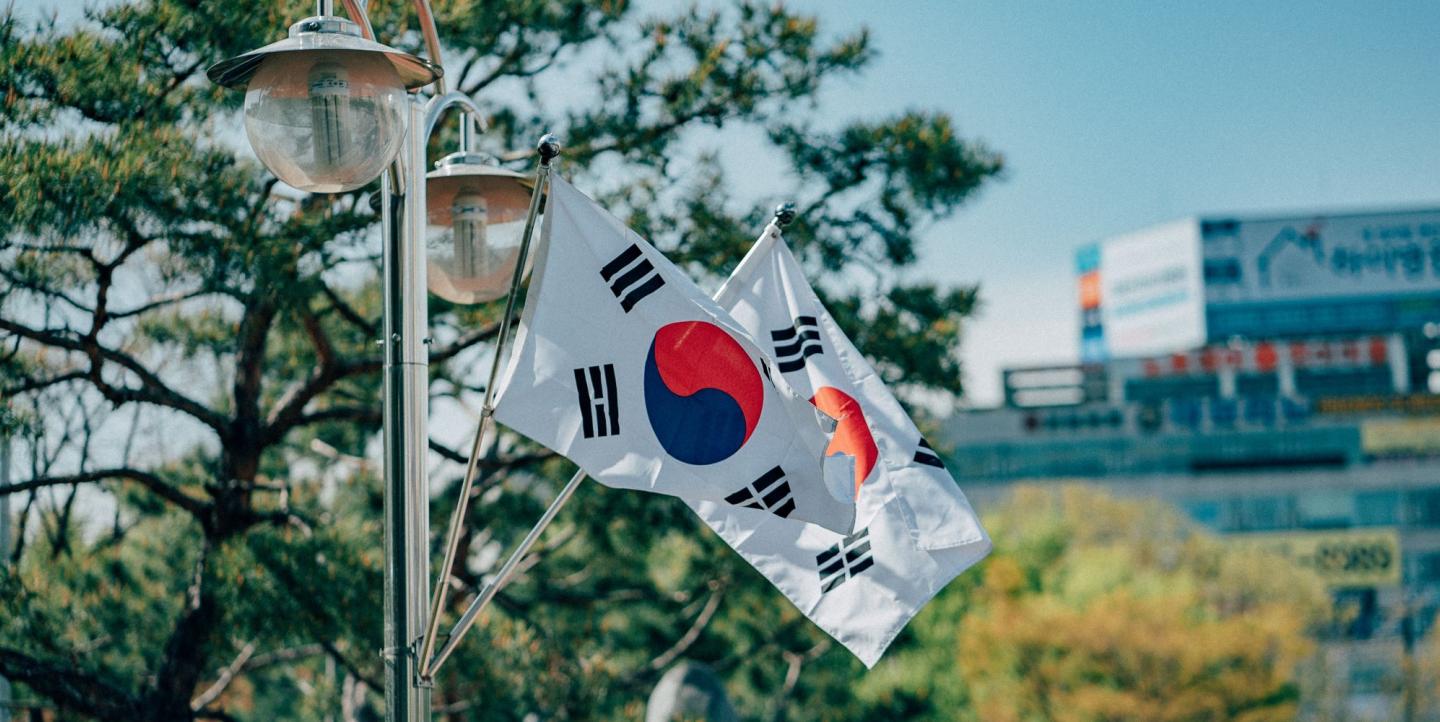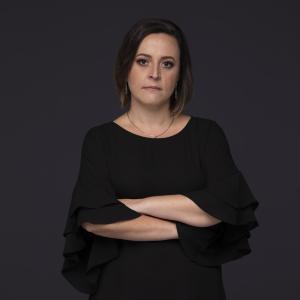Fact-finding in South Korea is no longer limited to the realm of journalists and fact-checkers. Courtrooms in the country today are inundated with lawsuits seeking to establish the truth through judicial verdicts, rather than relying on journalism or public discourse.
This emerging trend, referred to as the "judicialization of facts," was the focus of discussions at the International Fact-Checking Network’s recent Global Fact 10 conference held in Seoul.
During one session, experts from South Korea shed light on this phenomenon and its potential implications for the future of fact-checking. They expressed concerns that the trend may extend beyond their country, altering the landscape of fact-checking and shaping the way truth is established worldwide.
In a packed auditorium of more than 500 anti-disinformation specialists from various countries, South Korean fact-checkers shared their experiences cautiously, adhering to a scripted presentation pre-approved by all to avoid any potential political or legal repercussions. The audience – researchers, teachers, tech company trust and safety team members, and more – was taken aback by how panelists were reading from their iPads as a precautionary measure.
South Korea, the world's 10th largest economy with advanced social and technological development, was home to a highly polarized political climate during the country’s 2022 presidential elections. President Yoon Suk Yeol, from the conservative People Power Party, won by a narrow margin of 0.73% of the votes. Since winning, Yeol and his supporters have consistently attacked fact-checkers, labeling them as biased and supportive of liberal ideologies — a false narrative that echoes in the Western Hemisphere as well.
According to fact-checkers in the country, his administration frequently utilizes press conferences to criticize and attack their work. Conservative politicians employ social media, blog posts, and public interviews to undermine their efforts. Recently, pressure has been exerted on financial supporters of fact-checking initiatives, such as the news portal, Naver, to reduce funding allocated to them.
SNU FactCheck, a non-profit coalition comprising 32 news media outlets and several universities in South Korea, has been a primary target. The coalition has faced legal action on at least two occasions: a civil trial and a criminal case filed by supporters of President Yeol. Despite prevailing in both instances, SNU FactCheck remains wary of potential future legal challenges.
During the conference, Wonsuk Choi, CEO and researcher at the Media Information Literacy Open Network (MILON) referenced his team's work during the previous year's presidential campaign to illustrate the current situation. They decided to fact-check an equal number of claims from both liberal and conservative candidates, an approach that satisfied neither the fact-checkers nor the politicians.
"Some of those claims didn't require fact-checking at all, as they were evidently true," he said in his presentation. "However, maintaining an equal number of fact-checks for each side was the only solution we could devise to mitigate criticism. South Korea is trapped in a severe environment of political polarization and judicialization."
Expressing frustration, EunRyung Chong, director of SNU FactCheck, lamented the situation during a brief break after the panel discussion. "I am weary of this state of affairs. Politics consumes most of my time now," she said. "Currently, the Korean Congress is evaluating 27 bills aimed at establishing anti-disinformation laws, some of which pose a threat to fact-checking by framing it as censorship."
Although the liberal Democratic Party of Korea currently controls Parliament, acting as a barrier against conservative efforts to enact this legislation, parliamentary elections in April 2024 are expected to bring significant changes to the makeup of Congress. This poses a potential challenge for fact-checking’s future.
Complicating matters further, South Koreans rely heavily on YouTube as their preferred platform for news consumption. A recent study revealed that 81% of the population consumes information on YouTube, and that an average of one hour every day is spent by South Koreans on the platform. YouTube is the primary source of news for 31% of the population. And yet, fact-checkers note that the Korean language lacks robust tools for tracking disinformation in audiovisual formats.
"Koreans increasingly obtain news from YouTube channels created by former journalists who openly express their political biases, as well as from emerging political analysts who have realized they can manipulate public opinion and amass significant online influence," explained Chong. "Our next election will undoubtedly be challenging and complex."
The world should keep a close eye on Seoul. A close eye.
Photo by Daniel Bernard on Unsplash.


